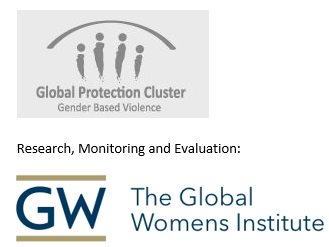- When women and girls bear children as a result of rape, the trauma, stigma, and discrimination they face from the rape itself can be compounded by having a child (Liebling et. al., 2012). For example:
- Girls and women who bear children of rape may be sent away from their homes, families and communities. Lacking support from community and family members, they may suffer from poverty, malnutrition, and reproductive health problems.
- The fear of stigma may prevent pregnant girls and women from seeking out adequate medical care, putting them at increased risk of birth complications.
- Failures in the judicial system keep survivors of rape from accessing justice after being raped.
- Girls that bear children out of rape are at additional risk as they are thrust into adulthood early, may be removed from school, and are no longer seen as children in need of care by their communities and families (Liebling et. al., 2012).
- There is little or no information regarding children born from wartime rape, the unique vulnerabilities they face or their experiences. Research suggests that mothers raising children born as a result of rape often live in extreme poverty and are ostracized by their relatives. The children too are stigmatized and face social, psychological and socioeconomic consequences.
- There is also an accountability gap when it comes to children born as a result of rape, as punishment against or redress by the perpetrator rarely includes reparations for the women who were victimized or the children who were born as a result of rape. Girls and women lack access to services that would allow them to safely terminate a pregnancy and are often forced to either carry out unwanted pregnancies resulting from rape or undergo dangerous abortions.
